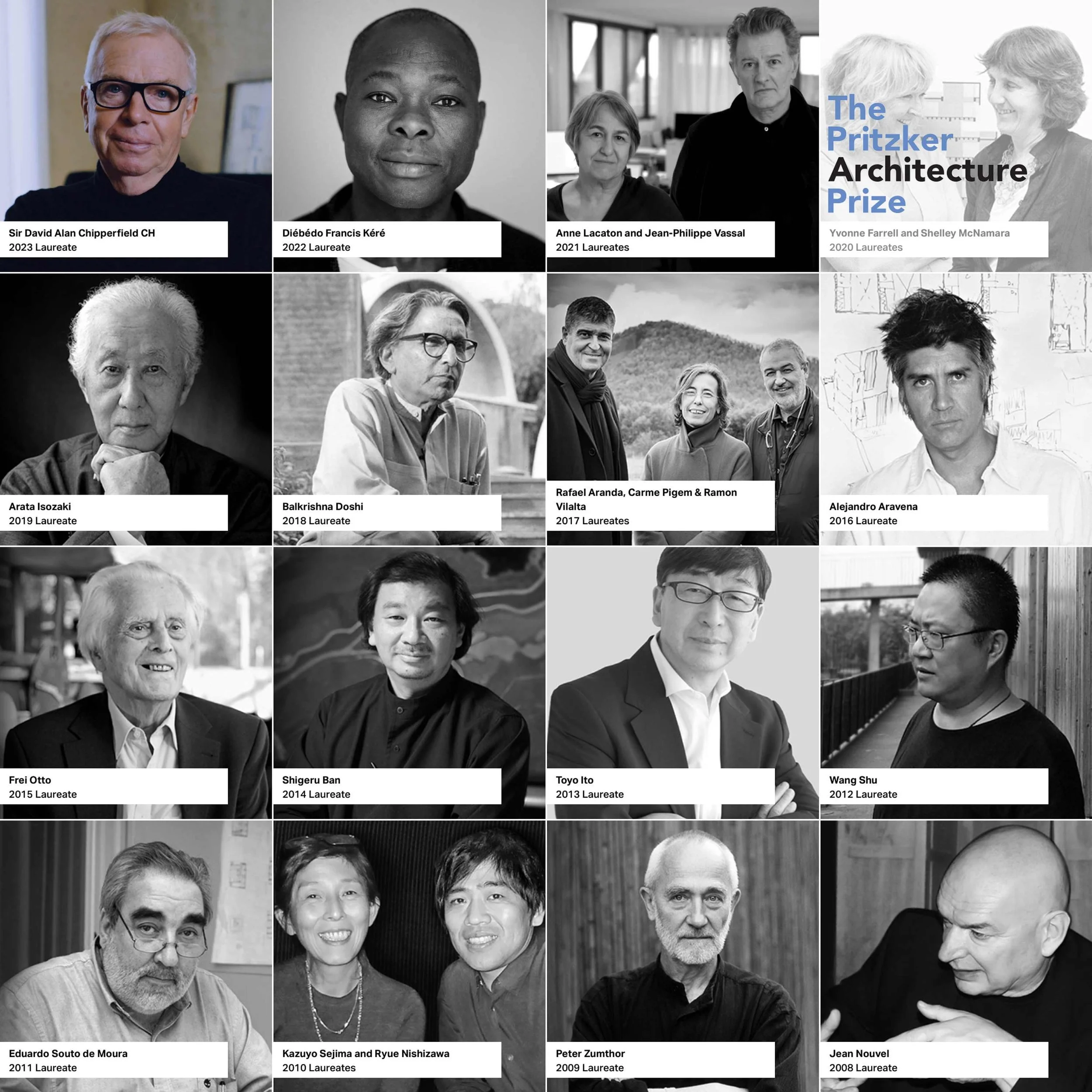The Diplomat starring Keri Russell w/ Showrunner DEBORA CAHN - Highlights
/Showrunner & Executive Producer of Netflix’s The Diplomat starring Keri Russell & Rufus Sewell
Exec. Producer Homeland · Grey’s Anatomy · Vinyl
Co-Producer The West Wing
So the idea was to look at what it's like to be an ambassador for the United States abroad and to do that in the context of a married couple, both of whom are in the same field. And what kind of tensions come from being in a relationship with somebody where you're both collaborators and personal partners and sometimes competitors? And what does that do to your life? What does it do to your work experience? And it felt like a military alliance and a marriage are not so different in many ways. You know, you get together under certain circumstances, and then time marches on and things change, and both parties change, and you're still in this relationship that either can or can't bend with you.



















